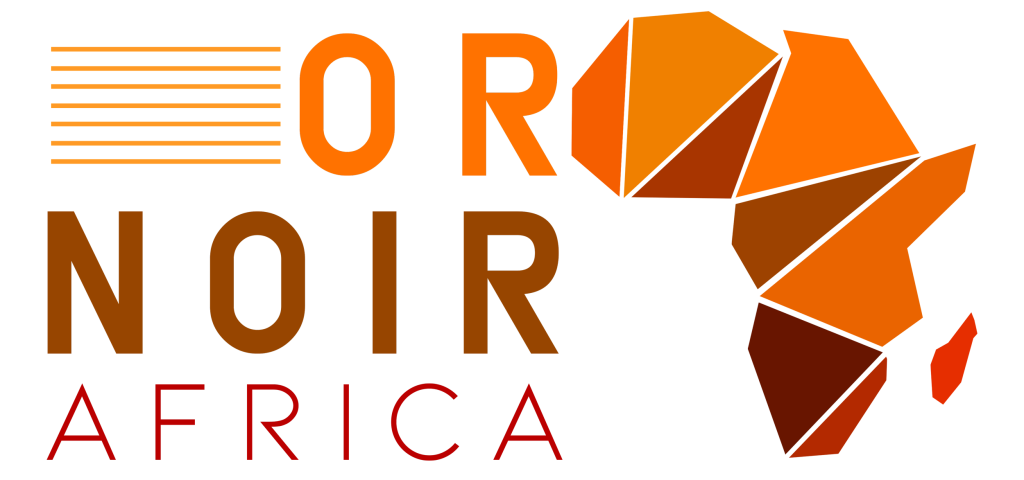TotalEnergies a lancé un cours en ligne ouvert et massif – autrement connu sous le nom de MOOC – pour les Ougandais intéressés à travailler sur son projet Tilenga.
La compagnie française s’apprête à lancer les opérations de son champ pétrolifère, dans l’ouest de l’Ouganda. Il a pris un certain nombre d’engagements sur le contenu local et le MOOC vise à préparer les travailleurs à participer.
Le MOOC a été lancé aujourd’hui, le 10 janvier, et se déroulera jusqu’au 22 mars. Le cours est ouvert aux Ougandais âgés de 18 à 28 ans. Ils peuvent s’inscrire au MOOC Tilenga jusqu’au 31 janvier .
Un communiqué de Total a déclaré que le travail permettrait aux gens d’en savoir plus sur l’industrie pétrolière et gazière, sur Tilegna et de se qualifier pour une formation supplémentaire.
S’exprimant lors du lancement du MOOC, le directeur général de Total en Ouganda Philippe Groueix a déclaré que l’objectif était de permettre « au plus grand nombre d’Ougandais et d’entreprises de participer au secteur pétrolier et gazier ».
Le MOOC aura un double objectif, a-t-il déclaré. Premièrement, cela permettra à un certain nombre de personnes de se renseigner sur autant d’opportunités que possible. “Deuxièmement, il identifiera 120 à 250 Ougandais talentueux qui seront davantage formés”, a-t-il déclaré.
La formation se déroulera sur quatre ans. Dans un premier temps, cela sera réalisé avec l’Uganda Petroleum Institute Kigumba (UPIK), suivi d’une formation sur site dans les actifs internationaux de Total.
FAIRE UNE MARQUE
Le cours est ouvert à tous les Ougandais, a déclaré Groueix, « en mettant l’accent sur les personnes vivant dans la région de Tilenga ».
Afin de se qualifier pour l’accès, les Ougandais auront besoin d’un niveau A et d’une adresse e-mail valide, a déclaré l’exécutif. Les candidats doivent avoir « un fort désir d’apprendre et de se développer. Encouragez vos amis, votre famille et vos voisins à profiter de cette opportunité gratuite d’apprentissage et de compétences. Vous aurez un avant-goût de ce que pourrait être un futur cheminement professionnel.
Le projet emploie 2 200 Ougandais, soit environ 94% de l’ensemble du personnel. Total prévoit d’augmenter ce nombre à environ 8 000 pendant la construction.
Peninah Aheebwa, directrice des services d’assistance technique de la Petroleum Authority of Uganda (PAU), a déclaré que Total emploierait 411 Ougandais en 2022. Ce niveau est d’environ 63%, a-t-elle déclaré, notant qu’il y avait place à amélioration.
“Nous sommes très confiants qu’avec la formation, ces chiffres augmenteront”, a-t-elle déclaré.


